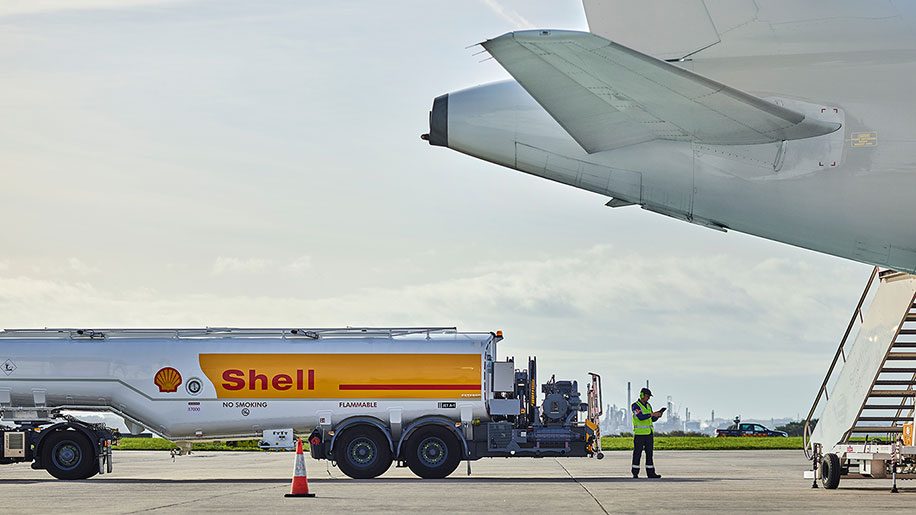Shell plans to continue its aviation fuel operations at airports in South Africa post BP’s exit from the South African market. Last week British oil and gas giant BP decided to exit all its aviation activities at South African airports.
BP has clarified that the decision to exit is only as a result of Air BP’s current global business strategy and it has nothing to do with the South African government’s position on Russia.
In a letter to its aviation customers, Shell said: "Shell Downstream South Africa is aware of the concerns raised following the exit of an aviation fuel supplier locally and would like to confirm that there is no change to our local operating model," states the letter. "Shell remains committed ... to the aviation supply and operations underpinned by our business control framework, policies, and guidelines."
Pam Ntaka, a spokesperson of Shell SA, confirmed the letter's contents and emphasised the group's commitment to SA.
Shell has been in South Africa for about 125 years and has played an essential role in the nation's development as a premier oil company, corporate citizen, and change agent. The group's nationwide retail network provides jet fuel at all major South African airports, including OR Tambo International and Cape Town International airports.
The Airports Company of South Africa (ACSA) is confident that Shell and all other fuel suppliers will continue their operations ahead of the busy Easter holidays. PetroSA, a state-owned oil and gas company, might also enter the aviation sector, which would be a great initiative.
Last year News24 had reported that two Russian planes could not get fuel from large international fuel suppliers at the OR Tambo International Airport in Johannesburg and Cape Town International Airport because fuel suppliers had to adhere to the sanctions imposed on Russia by their countries of origin and their own company policies.
ACSA plans to initiate a new refueling strategy to deal with situations where South Africa's sanctioned allies are affected. The new strategy will see oil companies only supply fuel; then an independent operator will handle its distribution on ACSA's behalf.

